Decisions coming soon on California broadband bills
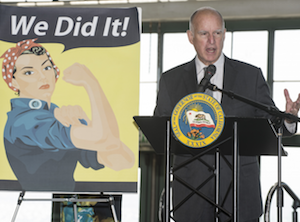
Not quite yet.
Sunday is the last day for California governor Jerry Brown to either veto bills passed by the legislature this summer, or allow them to become law. Amongst the measures in the big stack on his desk right now are several that will affect broadband service and infrastructure, particularly in regards to how it’s regulated.
The bill with the most potential impact is assembly bill 57, which would put teeth in the Federal Communications Commission shot clock for wireless permits.… More

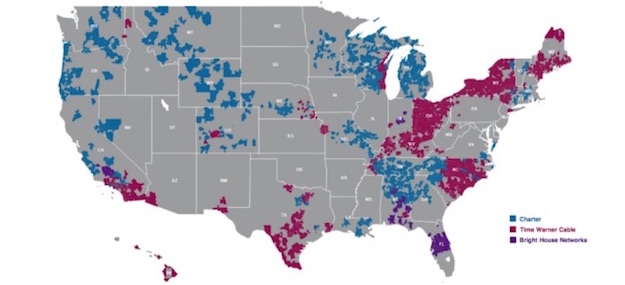
![By school photographer (TwoScarsUp owns this photo.) [Public domain], via Wikimedia Commons](https://www.tellusventure.com/images/2015/10/grade_school_classroom.jpg)
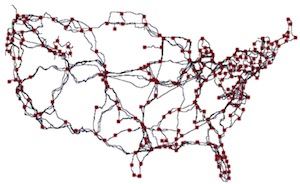
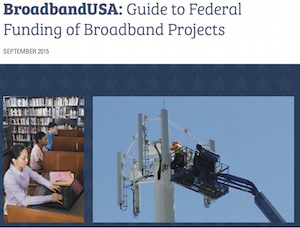

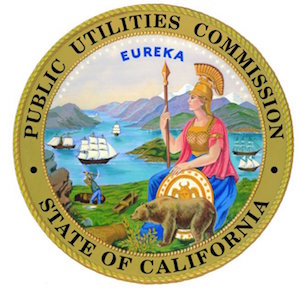
![By istolethetv from Hong Kong, China (team-up Uploaded by Princess Mérida) [CC BY 2.0 (https://creativecommons.org/licenses/by/2.0)], via Wikimedia Commons](https://www.tellusventure.com/images/2015/9/the_flash.jpg)

![By SBaker43 (Own work) [CC BY-SA 3.0 (https://creativecommons.org/licenses/by-sa/3.0)], via Wikimedia Commons](https://www.tellusventure.com/images/2015/9/center_of_tennessee.jpg)